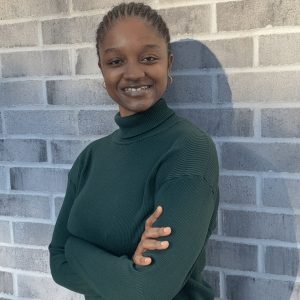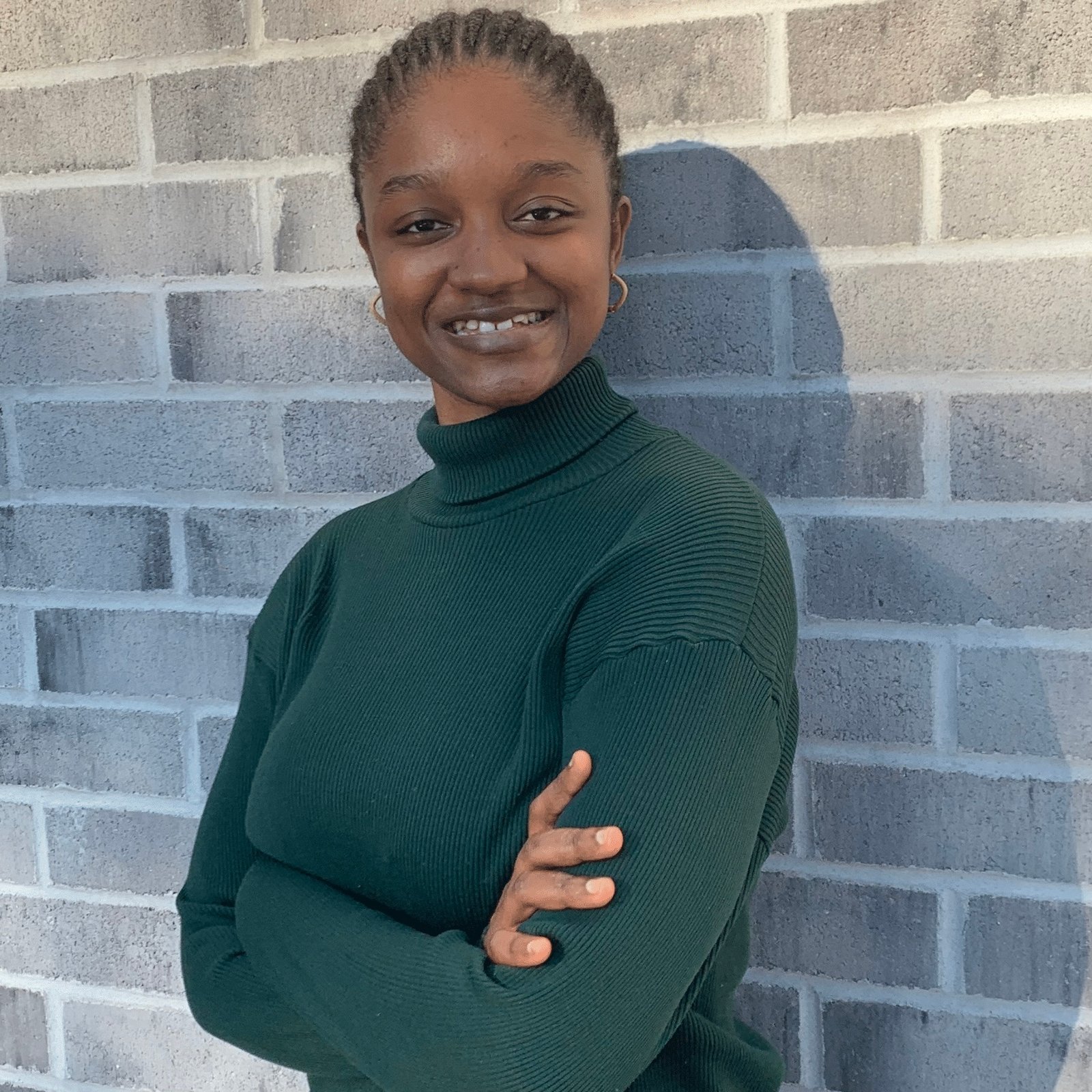This week’s episode is about the study of Sociology. Sociology is the study of human interaction or individuals as members of a group. Many students take a first-year Sociology course unsure what it is about and may even leave the course confused or overwhelmed by the breadth of information and topics that can be researched in the field of Sociology.

This week’s guest is Jemimah Amos, PhD candidate in Sociology at the University of Windsor and PFAU Academic Writing coach and editor. Her academic and research interests include migration, race and ethnicity, feminism, and qualitative methodologies. She is also an academic tutor and graduate assistant in the department of Sociology at the University of Windsor working closely with students to improve their understanding of course materials, assignments delivery, and essay writing.
_
For new Sociology students, who are the main theorists that they might encounter?
There are three main theorists: Karl Marx, Max Webber, and Emile Durkheim.
Karl Marx is a conflict theorist. Conflict theory posits that there are fundamental differences of interest between social groups. These differences result in conflicts being common and persists in society. It is not something temporary as the functionalists suggest.
Max Webber and Emile Durkhein are considered functionalists. From a functionalist perspective, society is analogous to an organism – it has various parts and all parts function independently, but together for the survival of the organism. For example, institutions, such as, education, family, religion, and the economy, perform individual functions that when in equilibrium create a stable society.
What are some tips you would give students to write a solid Sociology paper?
- Create a literature review: pay attention to theories, methods, and information on your topic of interest.
- Get out the high school mindset that there’s a right answer. Find the best answer and support it with evidence.
- Understand assignment and exam expectations: type of assignment, topic, word count, grading distribution.
- For instance, if a question asks for three aspects of a theory, but is 6 marks. You would probably get a mark for each point, plus an additional mark for an explanation or example for each point.
Recommended Books and Resources
Thank you, Jemimah, for sharing the excellent advice with us and our readers!
Missed Podcast? Watch Video Here:
_
For more advice about writing, check out our weekly, podcast, videos, or subscribe to our monthly newsletter.
_
To get more help with your assignments, book a 20 minute discovery session with us and start your journey to reaching your full potential on the page, and in life.
Both the written, visual, audio, and audiovisual content of this post has been created by and is the intellectual property of Lisa Pfau and PFAU Academic Writing. Please do not replicate any of the above content without our consent. However, please do feel free to share this post and its authorship widely.




